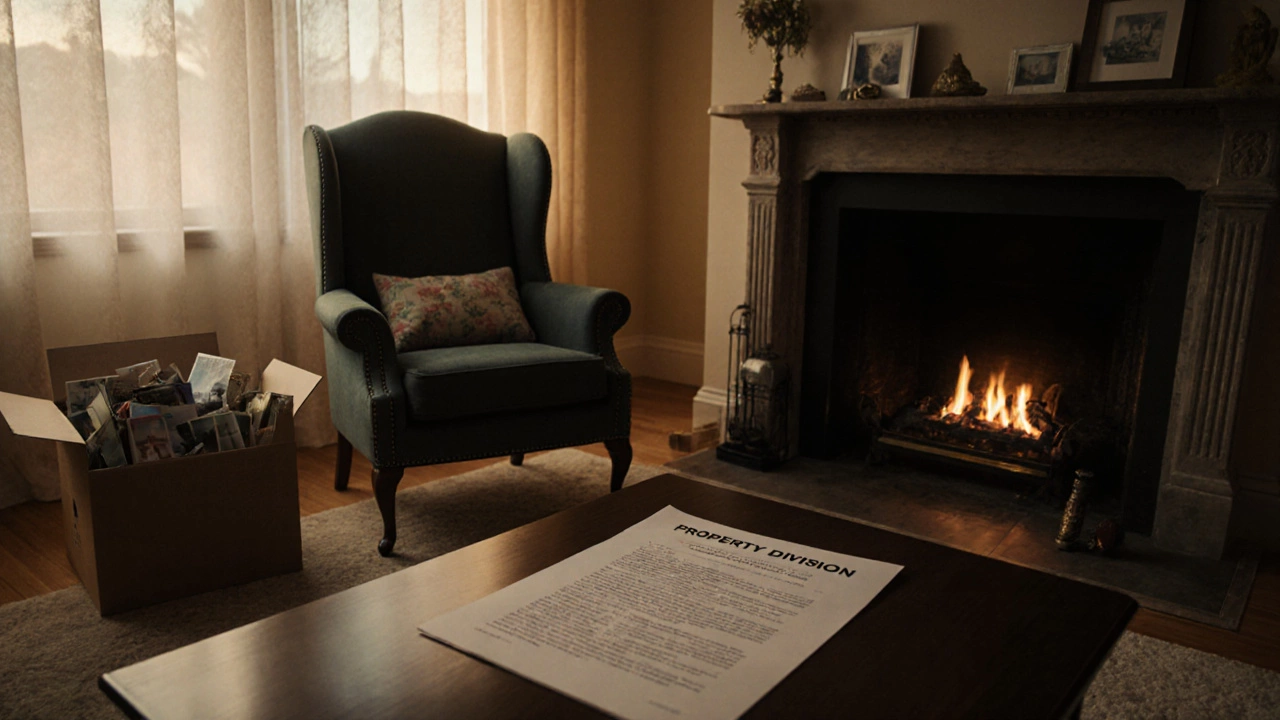What You Lose in Divorce: Financial, Emotional, and Legal Costs in India
When you walk away from a marriage in India, you don’t just lose a partner—you lose financial stability, the shared income, property, and future security built over years. You might lose your home, your savings, even your right to stay in the city you’ve lived in for decades. This isn’t just emotional—it’s structural. The Indian family law, the set of rules governing marriage, divorce, alimony, and child custody doesn’t always balance the scales fairly, especially for women who gave up careers to raise children or for men who end up paying far more than they can afford.
What you lose also includes emotional safety, the daily comfort of shared routines, trusted companionship, and the quiet certainty of being known. Many people don’t talk about how divorce strips away your identity. You were a husband, a wife, a partner—and suddenly, you’re just a person with legal papers. The stress doesn’t end when the court closes. It lingers in sleepless nights, in the silence of an empty house, in the way your child asks why you don’t live together anymore. And while courts can divide assets, they can’t undo the loneliness or the shame some still feel in small towns and conservative families.
Then there’s the legal process, a slow, expensive, and often confusing system that demands documents, witnesses, and endless waiting. You might think divorce is quick if both sides agree—but even mutual consent cases in India come with mandatory waiting periods, paperwork traps, and hidden fees. If it’s contested? You could spend years in court, paying a divorce lawyer India, a professional who guides you through property claims, alimony rules, and child custody battles hundreds of thousands of rupees just to get a verdict. And even then, enforcement is another battle—getting your share of property or monthly support often means more court visits, more stress, more loss.
Children don’t escape either. They lose the home they grew up in, the daily presence of one parent, and sometimes, the stability of their school or friends. Studies show kids in post-divorce households in India face higher anxiety, lower academic performance, and longer-term trust issues—especially when parents fight in court or use the child as leverage. You don’t just lose your marriage—you lose the future you planned for your family.
But here’s the thing: knowing what you’re losing is the first step to protecting what’s left. Whether it’s your savings, your time with your kids, or your mental health, understanding the real costs helps you make smarter choices. The posts below don’t just list rules—they show you what actually happens after the papers are signed. From how alimony is calculated to why women often end up with less than they deserve, from the hidden emotional toll to the legal tricks that can save you years of pain—you’ll find real stories, real advice, and real ways to fight back.

What Will I Lose If I Get Divorced? Real Costs Beyond Emotion
Divorce in New Zealand means losing half your assets, control over your home, time with your kids, and part of your super. Understand what's really at stake before you take the step.